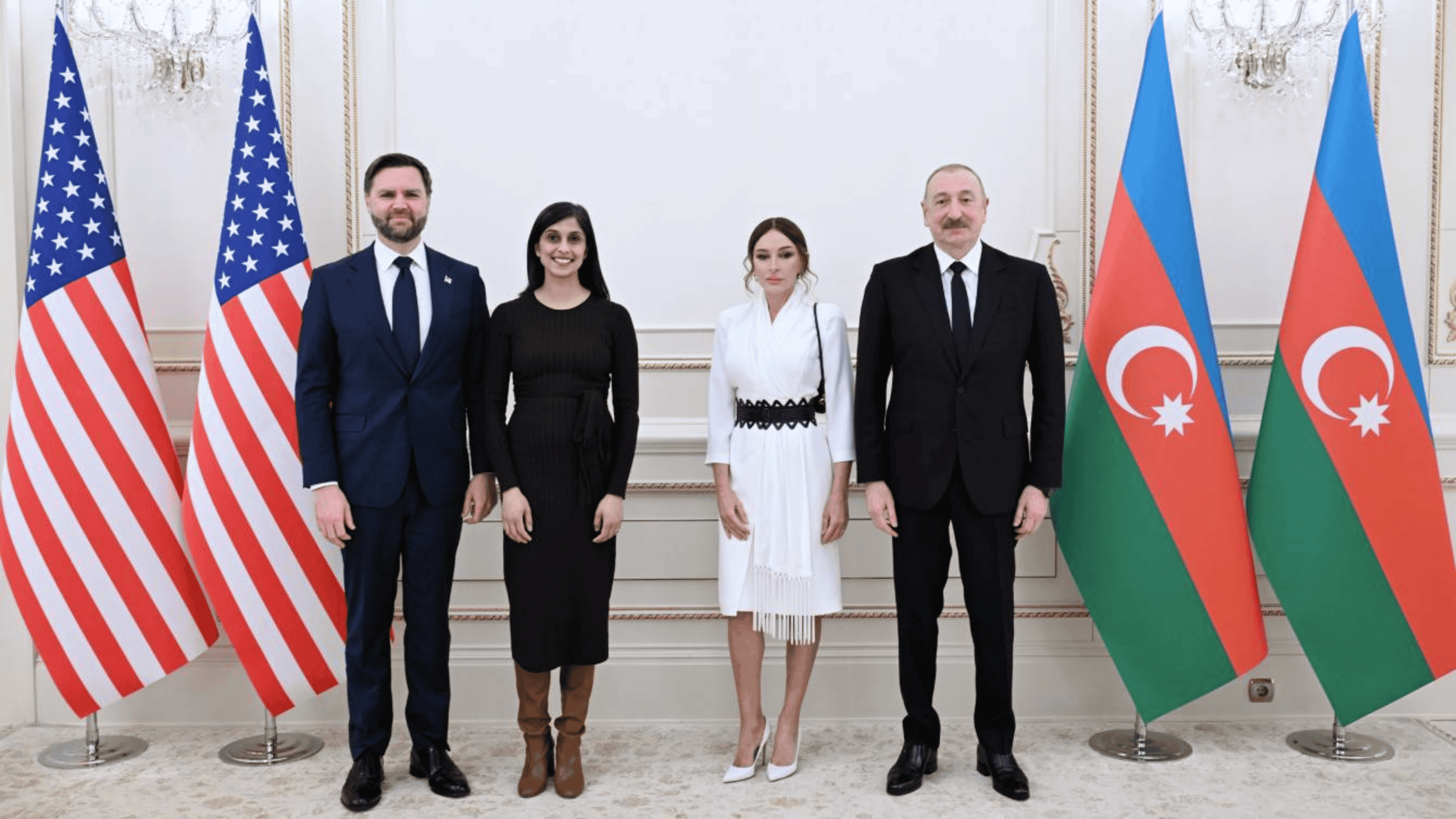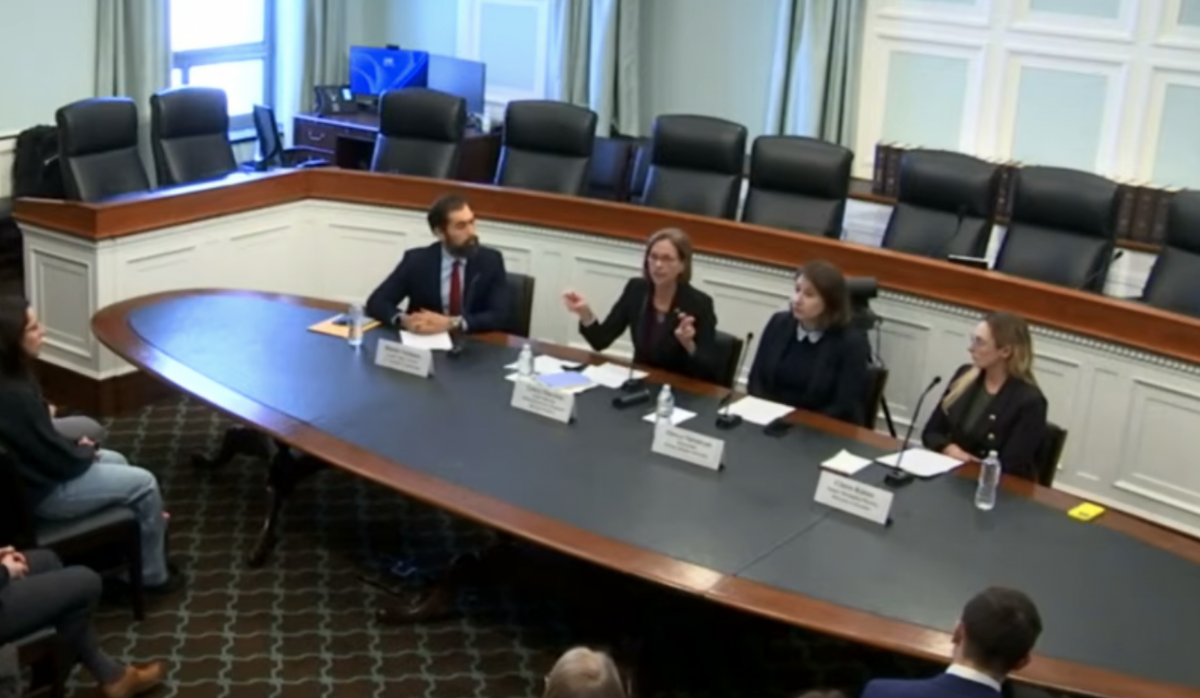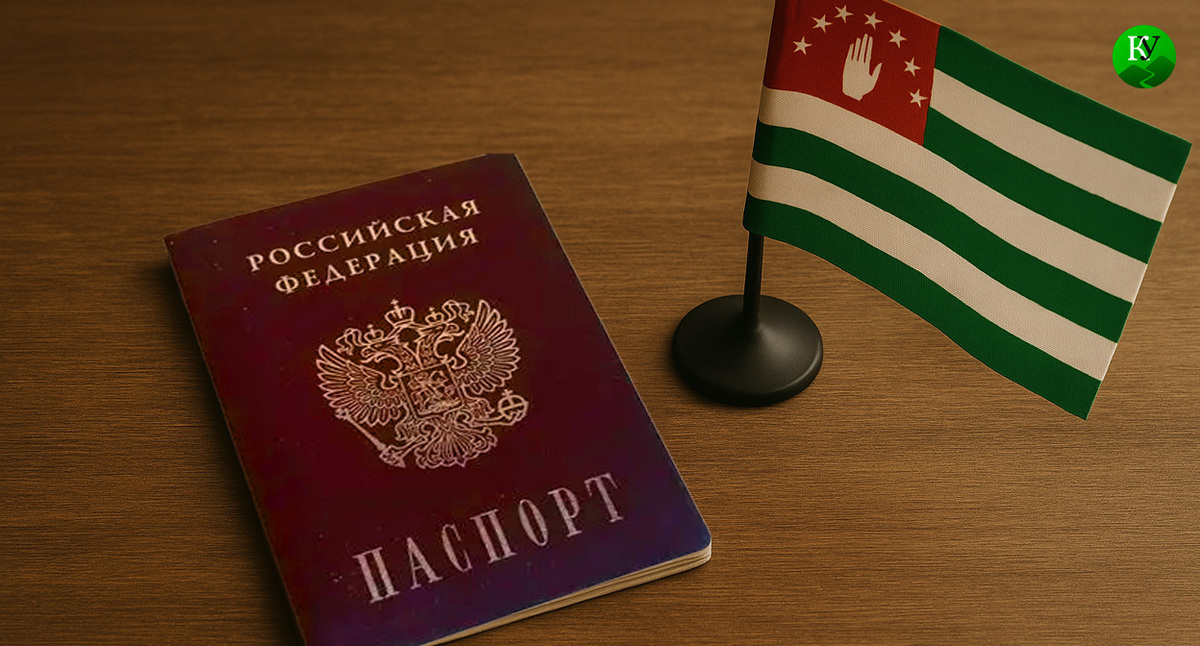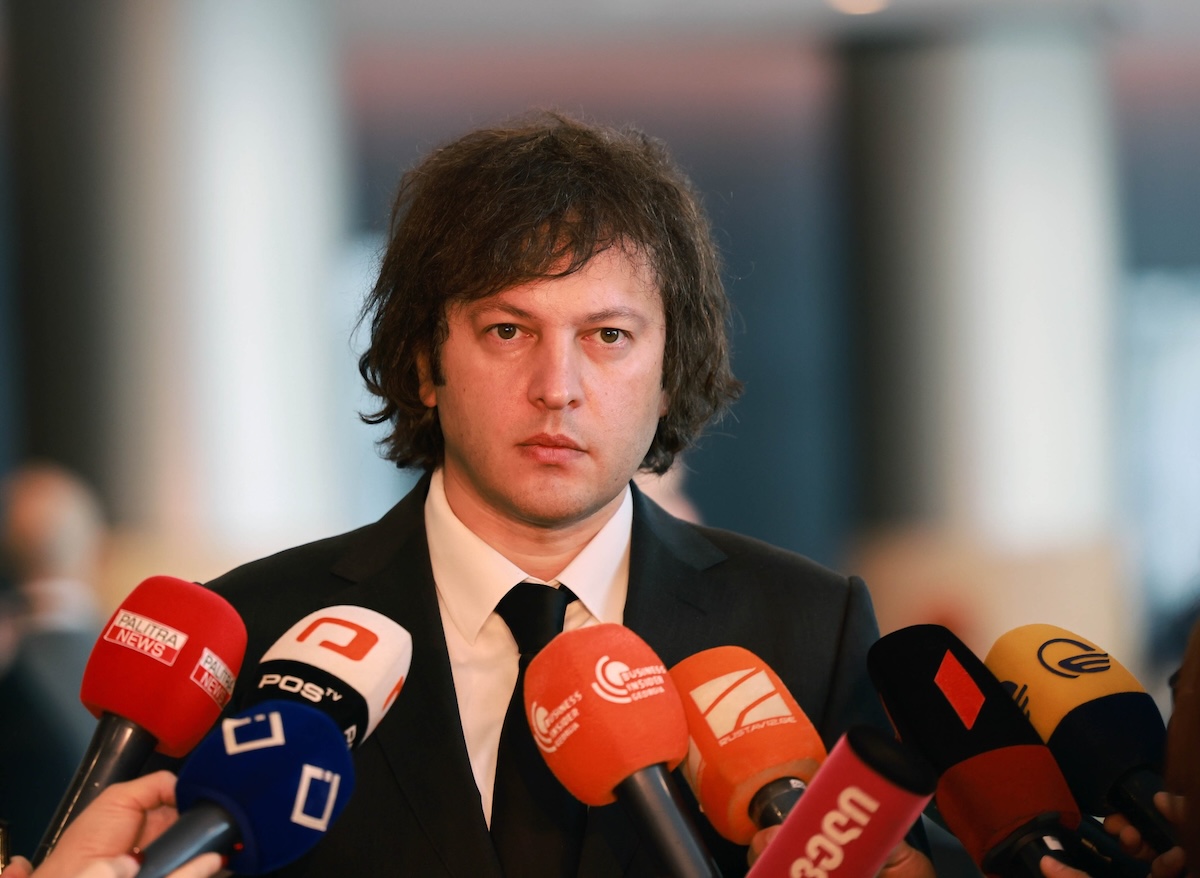Armenia discussing threats of Russian TV channels
Russian television channels broadcasting in Armenia often exhibit “racist messages and calls for religious violence”. However, the National Commission on Television and Radio does not have mechanisms for punishing such violations, says Tigran Hakobyan, an Armenian MP and head of the parliamentary committee on TV and radio.
• RFE/RL might have to shut down Georgian, North Caucasus services
• How pro-Russian media are managed and financed abroad
What is the threat?
Hakobyan says Armenia is forced to allow the presence of foreign TV channels in Armenia’s media space, which in turn gives rise to several threats.
“No country in the world allows the inclusion of foreign television companies in its public cable services. The reasons for this are different: technical, political, and ideological, taking into account threats to both the preservation of the national language and the issue of ensuring information security.”
Five foreign TV channels are currently part of the public broadcaster’s services in Armenia. Three are Russian channels: Channel One, Rossiya and Rossiya Kultura, as well as Mir Interstate and the American news channel CNN. They are all included in the composition of 27 television companies that operate within the framework of the public broadcaster.
These five public channels are not being broadcasted in Armenian. However, there are other reasons for concern, in particular related to the content of Russian television programmes.
“It’s no secret for any of us that [Russian channels] broadcast racist, religious and other [violent] appeals during their talk shows where there is often discrimination,” said the head of the National Commission on Television and Radio.
Tigran Hakobyan says he is concerned that Armenia has no levers of influence on these TV channels, and that there are no mechanisms that would allow for them to be fined in such cases.
“The sanctions provided for by our legislation cannot be applied to these foreign companies if they commit any violations.”
Proposals to limit foreign TV channels
The topic of restricting the activities of Russian TV channels is being actively discussed both in society and in parliament.
Recently, a member of the ruling party My Step, Narine Tukhikyan, made a proposal to the television and radio commission to limit the broadcast of some programmes on the Mir, Rossiya and Channel One TV channels.
She argued that these channels broadcast anti-Armenian content.
“Is it possible to limit or disable anti-Armenian programmes, or programmes that fuel hatred for Armenians despite the existence of agreements?”
In response, the head of the commission on television and radio noted that this is a political issue and that the experience of Ukraine and Georgia is not useful for Armenia.
Armenian Prime Minister Nikol Pashinyan also disagrees with this proposal:
“Any television company and any state should be clearly aware that there are some facets of correctness and these facets must be respected. But no one is going to limit anyone’s right to express their opinion.”
Social media reaction
Facebook users were largely ambiguous about proposals to limit the activities of Russian TV channels.
Here are some typical comments:
“As I understand it, the problem is that the Russian media directly criticizes the current government of Armenia. And, the restriction of their broadcast is an attempt to introduce censorship.”
“Bans are useless. People will still watch the same channels online.”
“I see no reason to watch Russian TV. In addition to Kultura, you need to shut down all other Russian channels.”
“What does the Russian media have to do with freedom of speech? Why should we give them the opportunity to spread their propaganda?”



















